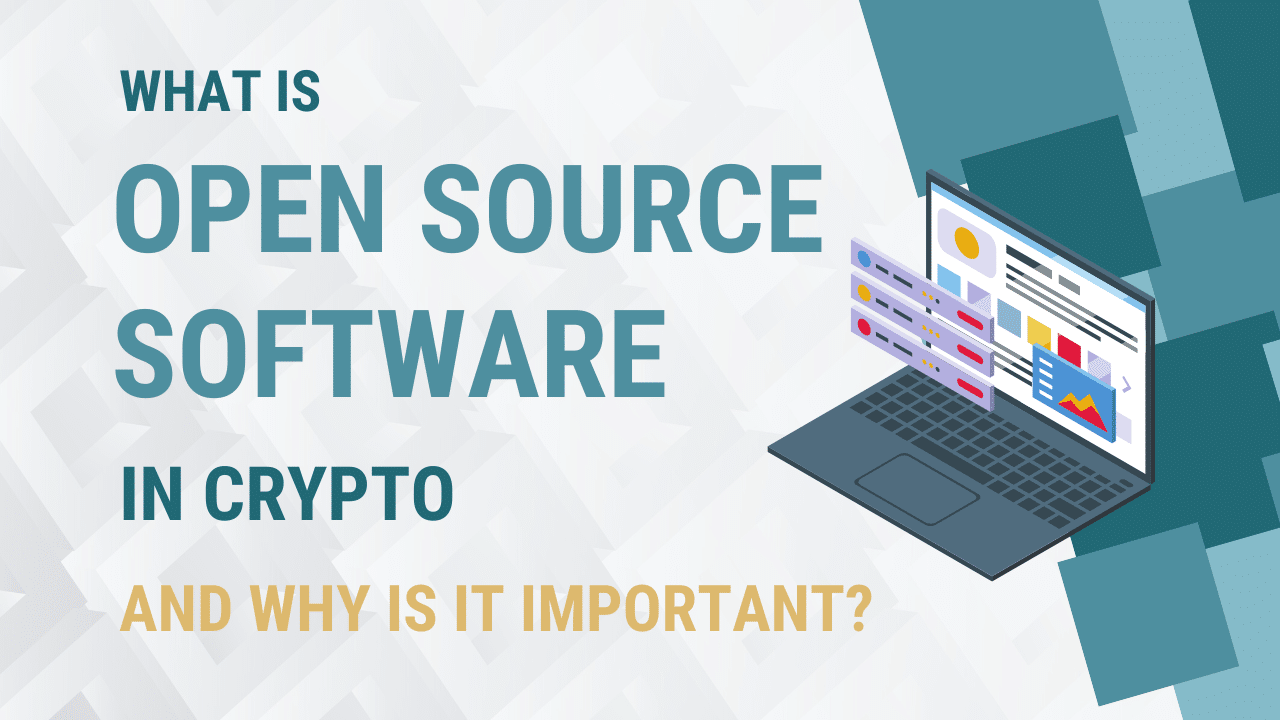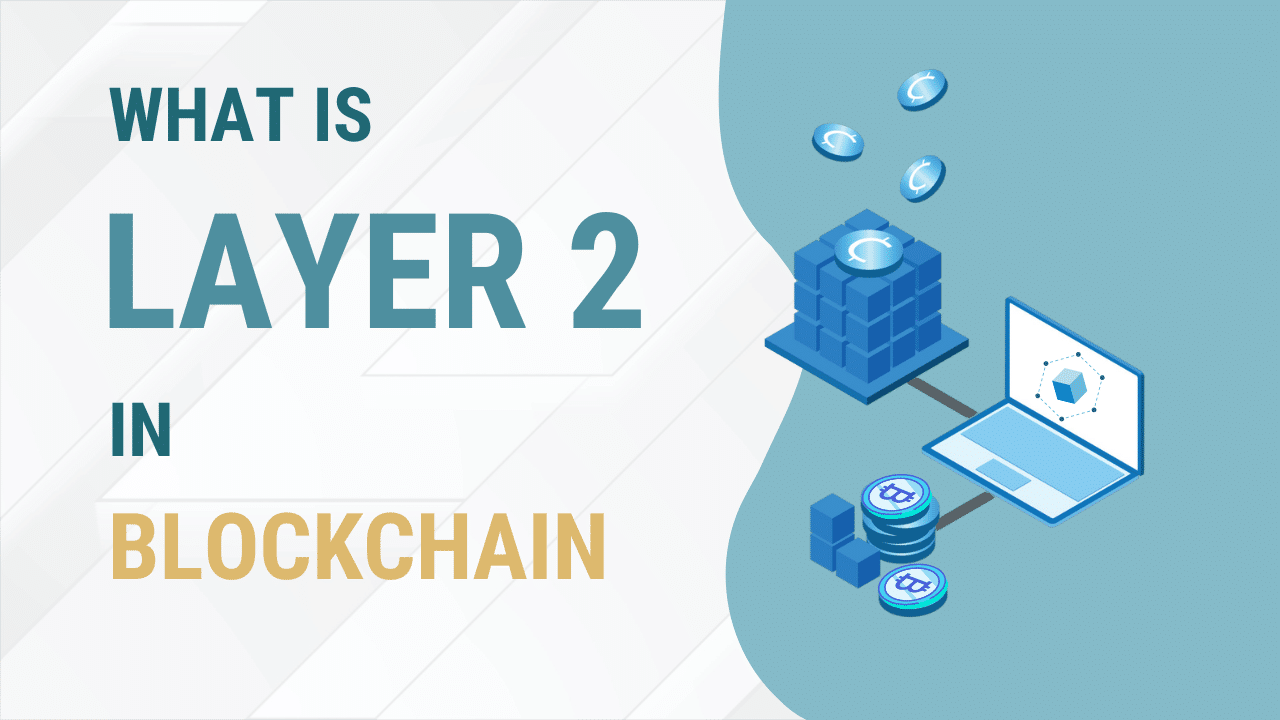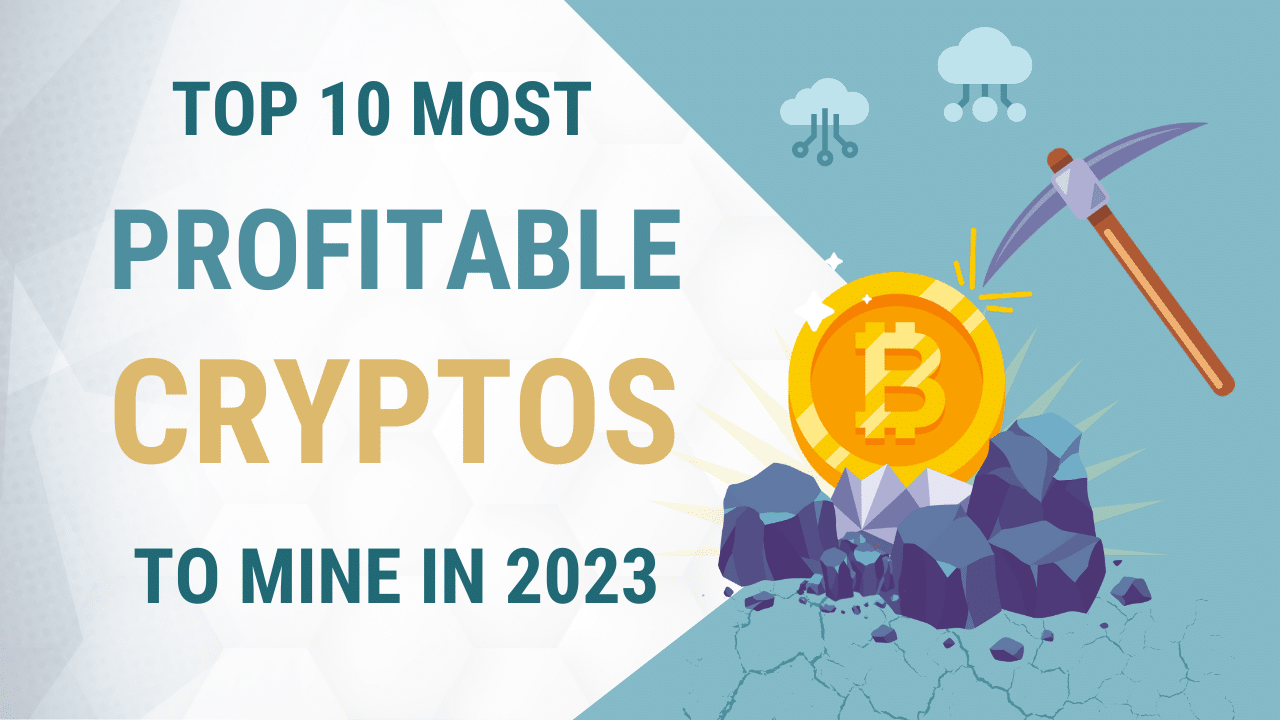If you’re into cryptocurrency, then you know that understanding blockchain is crucial to your learning process. However, if you’re new to the world of crypto, you may have found yourself making comparisons between blockchain and regular, everyday databases. Now, you find yourself wondering what the difference is between blockchain versus database.
And we don’t blame you; they are incredibly similar. In fact, some people out there consider blockchain to be just another type of database. Keep in mind that this is not accurate.
Both blockchain and databases have their own sets of pros, cons, and attributes. This article aims to elaborate on each of these areas, providing a detailed comparison of the two and answering the question of the hour:
Blockchain versus database: what is the difference?
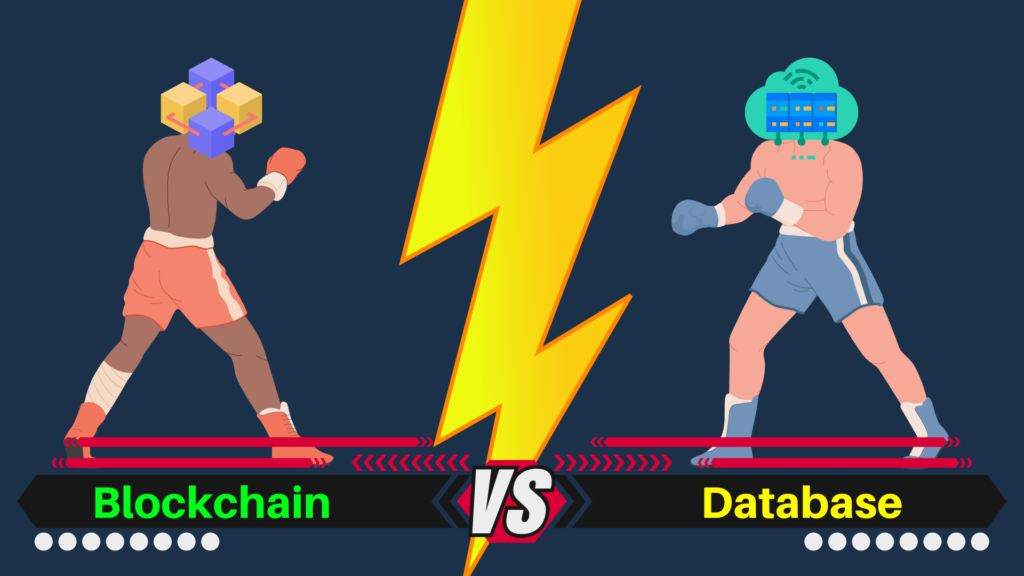
Blockchain vs Database: What is Blockchain?
Before jumping straight into the blockchain versus database comparison, let’s be sure to understand exactly what blockchain is.
Blockchain definition: a distributed ledger-based technology that allows peers to individually partake in record keeping to create a unified, decentralized network.
Now, if this is your first time taking an in-depth look at blockchain, that definition was probably a little confusing. However, I promise it’s simpler than it seems.
Let’s look at an example of how blockchain works to help you gain a better understanding:
Blockchain and Your Milk
With regular fiat money (like the dollar) transaction records are kept in the form of things like receipts and paystubs. When you buy a gallon of milk at the store, for example, you hand the cashier your credit card in exchange for that milk. The cashier then rings your credit card through the card reader.
In the few seconds that you’re waiting for the transaction to finish, the card reader communicates with your bank to ensure you can cover the cost of the milk, the bank releases those funds, and the transaction is approved. You take the milk, and usually tell the cashier to keep the receipt (what do you need it for, anyway?)

Blockchain works in an incredibly similar way to this. Whenever one peer sends, buys, or sells crypto to another person, a transaction is created. With no bank to tell your peer that you can have the crypto to spend, however, someone has to step in and verify the transaction. In a blockchain network, this verifier is another one of your peers.
In this case, something called Proof of Work is used to verify your transaction. This ensures that no invalid transactions are added to the blockchain. Sort of how a card reader will say “declined” if you don’t have enough money in your account to make a purchase.
Then, once all is said and done, and your transaction is approved, timestamps are created and all the details of your transaction are added to the blockchain.
What is Database?
Now that you understand how blockchain works, it’s time to look into how a database operates. Where blockchains are maintained, accessible, and added to by just about anyone, databases are centralized ledgers that are only maintained by the administrator.
Databases also have unique features, such as Read and Write actions. These actions allow anyone with permission to view and edit the contents, respectively. However, if you don’t have those permissions, then your access to the database at hand is essentially nonexistent.
Databases are also highly centralized, making it extremely easy and quick to access and store data. As with anything, though, they do come with drawbacks.
Perhaps the biggest drawback of using a database is that data can be easily corrupted. To offset the odds of this happening, many administrators take the precaution of storing multiple backups. However, this is not always done, especially if the administrator of a server trusts the owner. Moreover, the data can always be viewed and edited by the owner of the server, as server owners usually reserve these permissions as a hosting requirement.
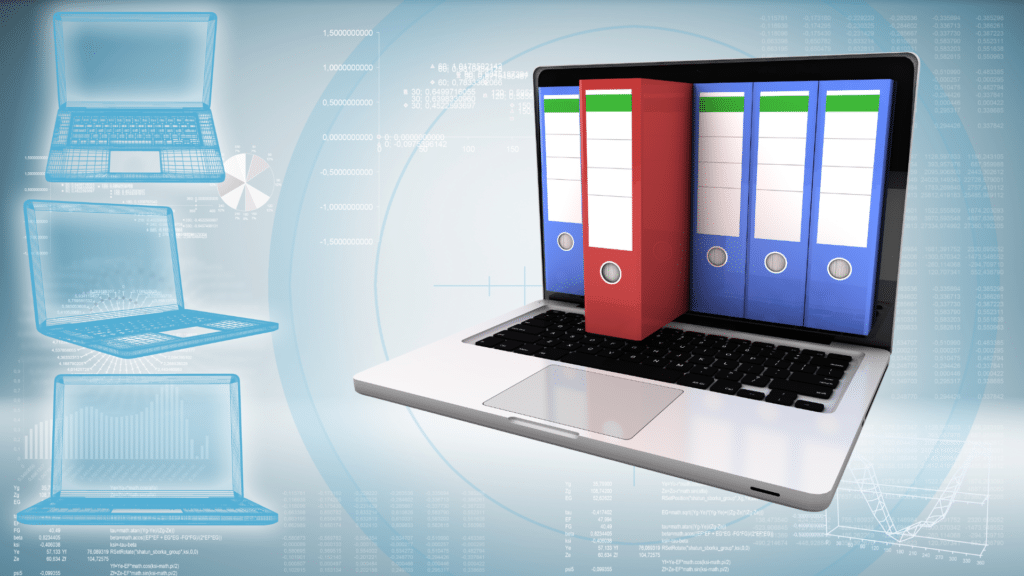
Blockchain Vs Database: What’s the Difference?
Now, the moment you’ve been waiting for: a comparison of blockchains and databases.
Let’s start with the most important difference between the pair: centralization and decentralization. With blockchain, all of the data within is decentralized and managed by peer-to-peer Proof of Work. This means that the data is difficult to corrupt, manipulate, or hack.
On the other hand, databases are centralized, meaning they are controlled by an authority or administrator. This means data is easy to access and quick to find, and issues within the database can be quickly tended to.
The next biggest difference between the two is architecture, or the way they’re built. With blockchain, the network is built on a distributed ledger-based method of record keeping. Databases, on the other hand, work on a client-server architecture.
Other differences between the two include:
- Data handling (blockchain uses Read and Write commands while database allows for Creating and Deleting in addition to Read and Write)
- Transparency (blockchain is highly transparent while databases are minimally transparent)
- Cost (blockchains are costly and difficult to maintain while databases are significantly cheaper and easier)
- Performance (blockchains are bogged down by verification processes while databases are significantly simpler and faster)
- Security (blockchains are significantly more secure than their database counterparts due to their hack and corruption-resistant designs)
The graphic below sums up all the differences we’ve discussed between blockchain and database. Download it for quick reference or share it to social media to store it in the cloud!
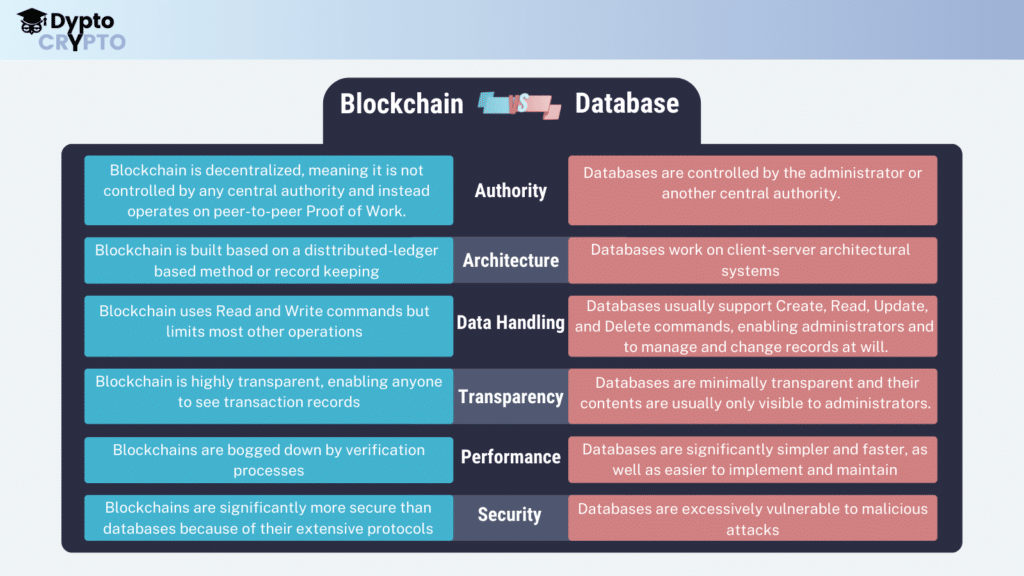
Final Thoughts
Both blockchains and databases come with their own unique sets of pros and cons. For something like storing your office records, a database is definitely the way to go. For something as complicated as cryptocurrency, though, there’s no doubt that blockchain is the best solution.
To learn more about blockchain, be sure to visit our second graphic module, Enter the Blockchain. Or, delve a little deeper into cryptocurrency itself using our recent blog post, Cryptocurrency for Beginners.
Dypto out!
Want to join the Dypto journey? Follow our socials!
